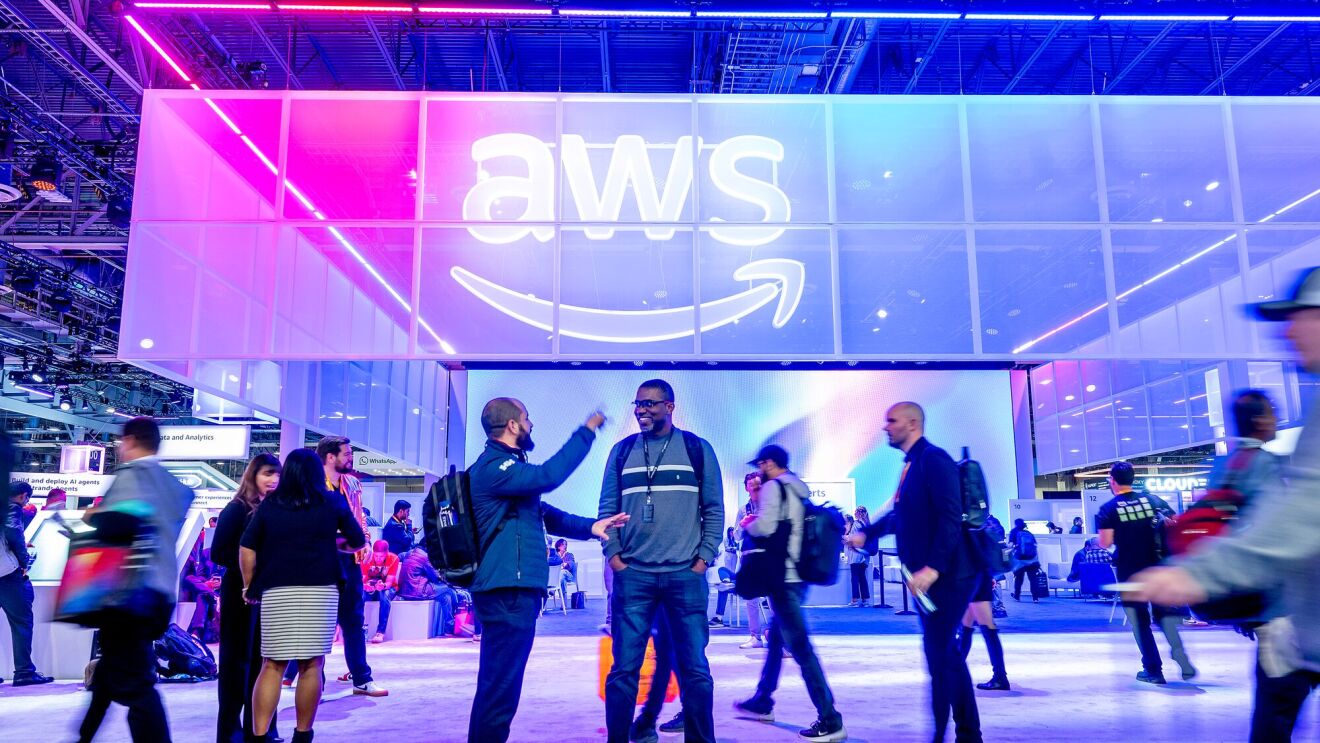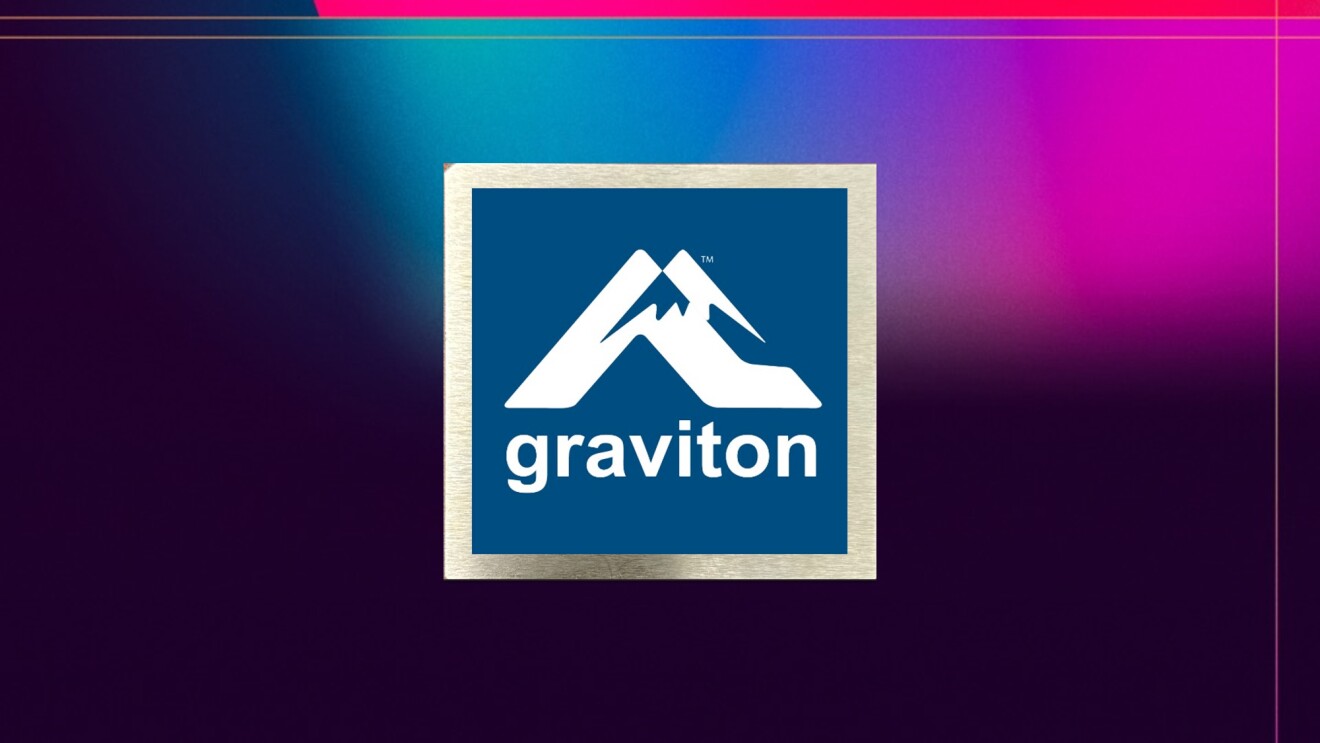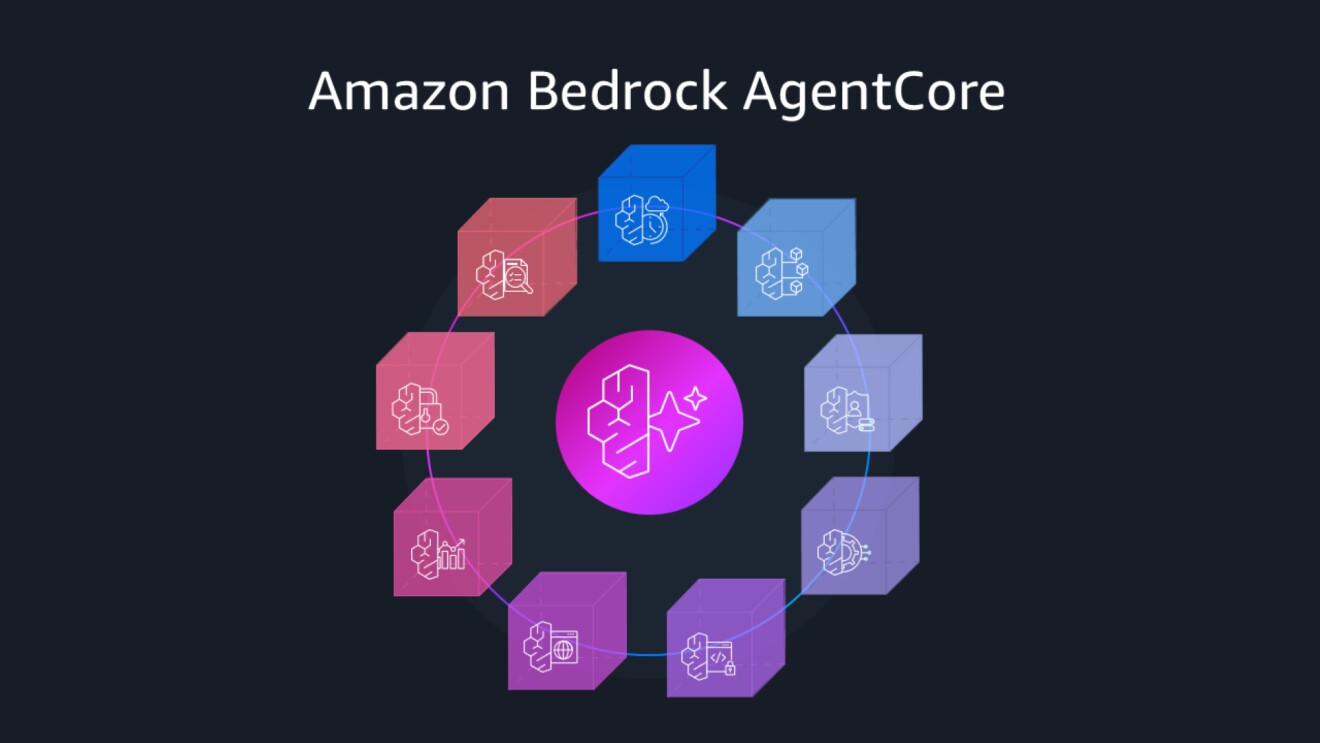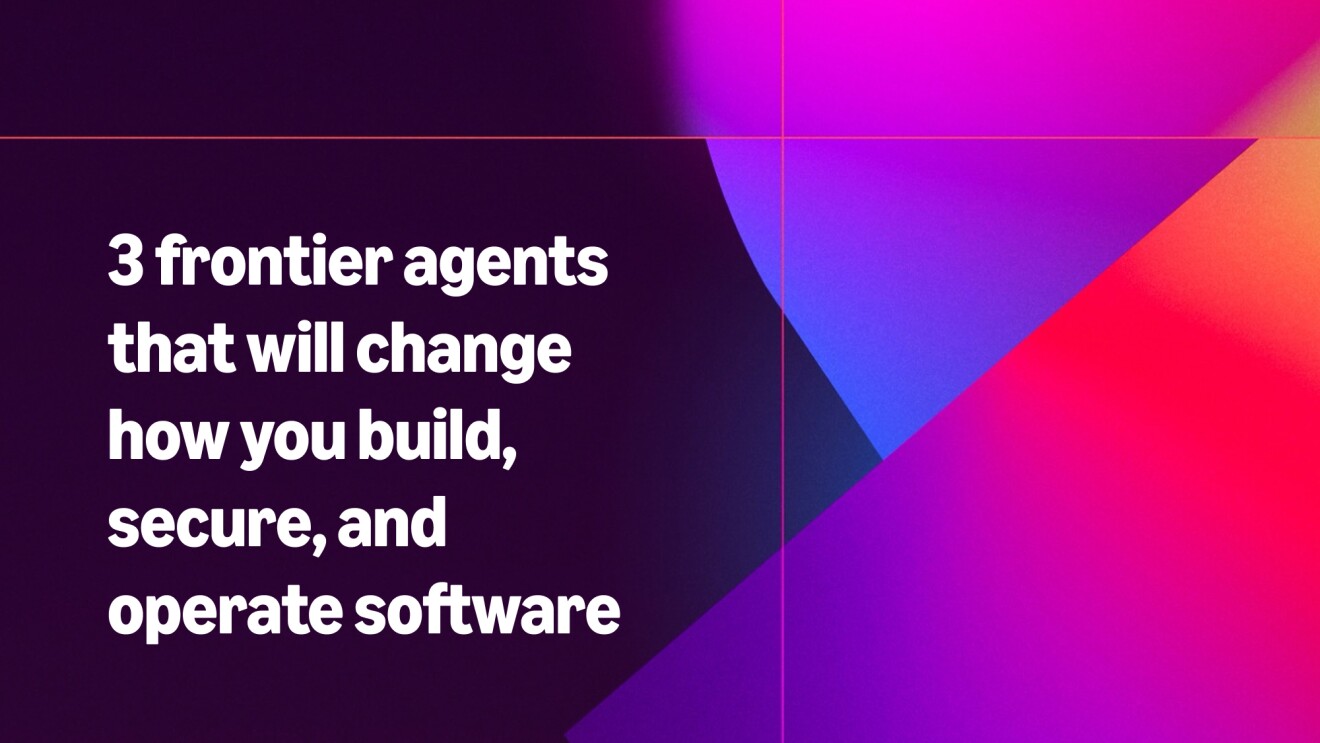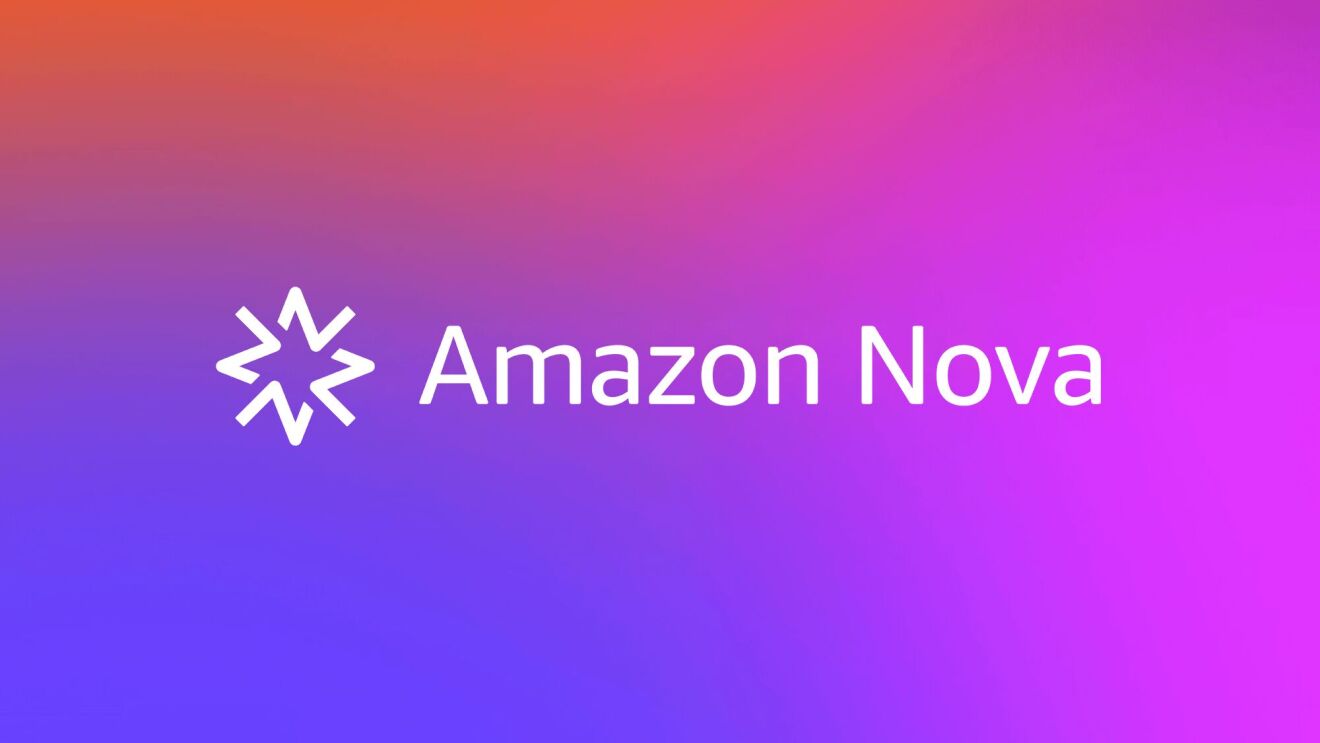Alexander Gao had been working in the Hollywood film industry for nearly a decade when he had a lightbulb moment.
“Making movies was an incredible experience, but I started to see that my strengths were in the more technical aspects of filmmaking,” he said. “I’d always enjoyed learning about cameras and lighting, and I loved working with motion graphics. I wanted to develop my skills in these areas.”
“I realized that computer science was applicable to all these disciplines in some direct way—and really to everything in the modern world—so I started exploring it as a serious option.”
Gao decided to take a bold step, leaving behind everything he knew and moving across the country to study for a master’s degree in computer science in New York. While studying, he applied for an internship with Amazon Web Services (AWS), an opportunity he credits with kick-starting an entirely new career as a simulation engineer in robotics and autonomous services.
“Being offered the internship was a real turning point,” he said. “I’d never thought of myself as an engineer until then, so it felt like a moment of validation for my decision to make this big change.”
We spoke to Gao about how he swapped the entertainment industry for engineering and why the two are not as far apart as you might think.
Tell us about your background
I studied film production and was always interested in cinematography, as well as computer graphics and animation. This led me to work in film, with jobs in motion graphics studios, film production, and advertising. I did everything, from being a cinematographer on the documentary “Waiting for Mamu”—which tells the story of a young woman dedicated to rescuing children from Nepal’s prisons and was an official selection at a number of international film festivals—to working with the band Coldplay as a camera operator on a promotional shoot, and as a cinematographer for some short-form content for Thrasher Magazine and Teen Vogue.

I’d had some really brilliant experiences, so while I was excited by the idea of changing careers, I was also nervous about failing. Before I fully committed, I signed up for “Bridge to Computer Science,” a three-month intensive course offered by New York University (NYU) and designed for people with backgrounds not directly related to the field. It was challenging, but I remember thinking that if I could do the assignments, more was possible. This really built my confidence. After that I enrolled in the master’s program at NYU.
How did you land the internship with AWS?
Toward the end of my master’s, I started applying for summer internships and graduate programs. This led me to intern at a startup in San Francisco. That internship was pretty hands-off, with lots of freedom to work independently, but I was hungry for more structure and opportunities to learn directly from peers in the industry. I applied to the Amazon Software Development Engineer Internship and went through a series of online assessments and interviews. I really wanted the role, so made sure to prepare as much as possible. Early on, it struck me that while Amazon’s bar for technical skills and innovation is high, they were also very interested in my soft skills.
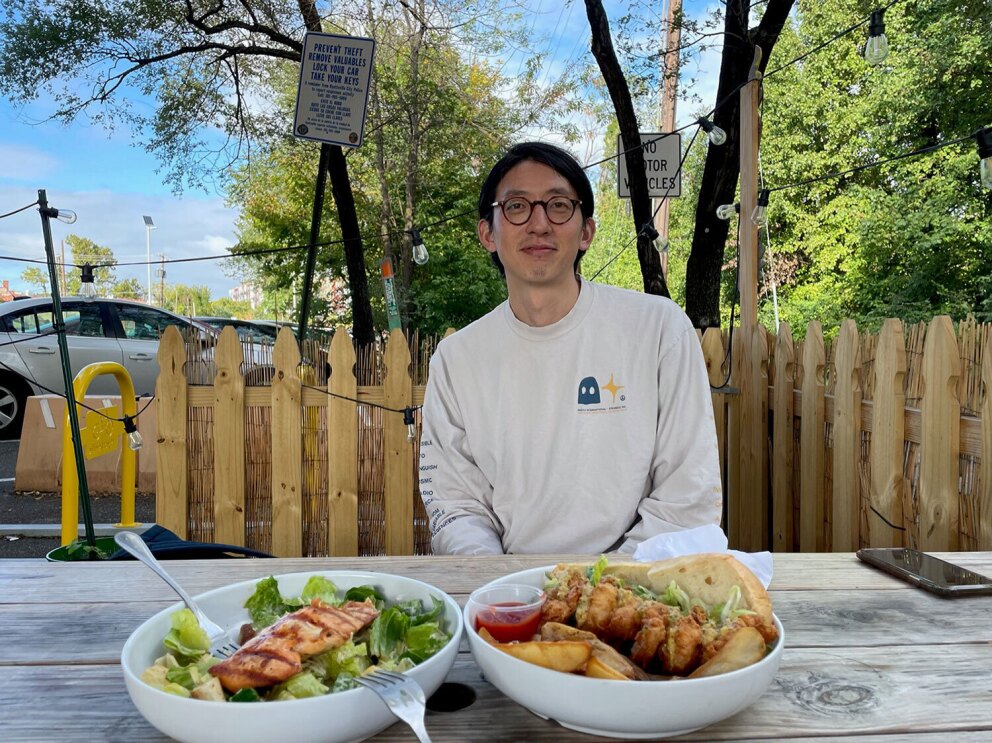
What support did you receive?
I knew the internship program was a pipeline for Amazon to hire for full-time roles, and that if I did well, I might be able to get a full-time job. But coming in, I had no idea what “doing well” really looked like.
I had a brilliant mentor who shared useful insights and guided me throughout the entire process—everything from career development to getting unblocked when I was stuck on some technical problems. He really helped me understand the things I was being evaluated on. My manager was also great. We had weekly one-to-one meetings where he would go through the role guidelines for software engineers and give me feedback.
As a new hire, the bar I had to meet to secure a full-time role was always clearly communicated. For example, at the end of your internship, you’re asked to write a summary of what you did, how you applied the Amazon Leadership Principles, what your strengths are, and what areas you still need to work on. Both my manager and mentor had introduced me to the structured, analytical approach I needed to adopt to communicate my thoughts. So when I sat down to write, I knew exactly what to do. It’s a skill I now use every day.
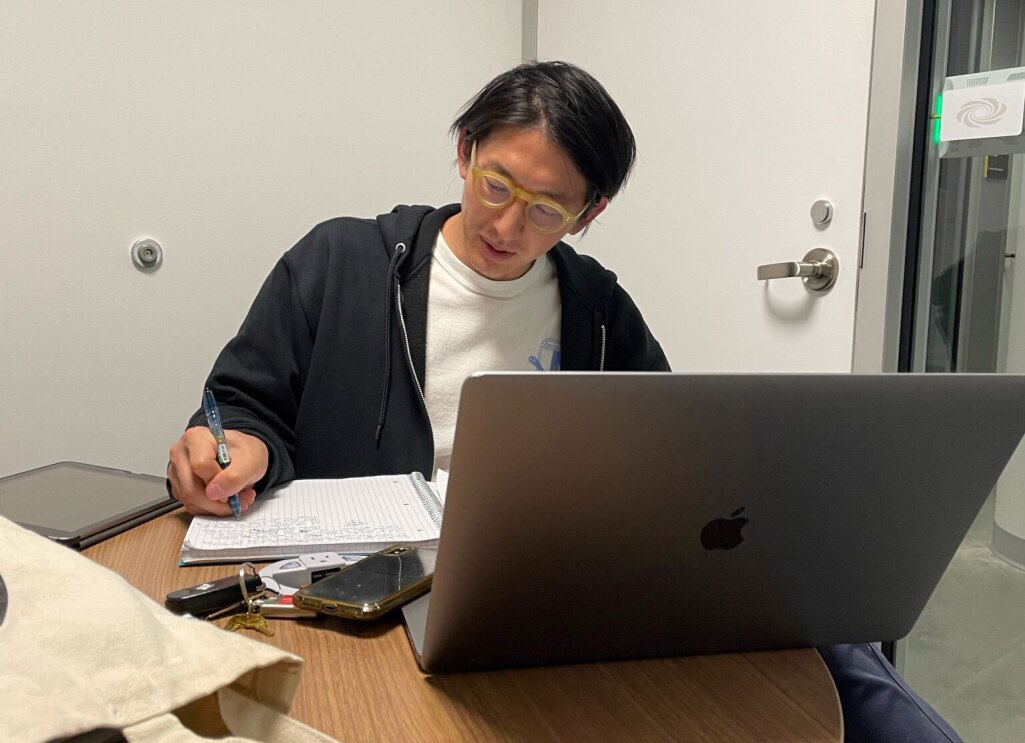
What kind of projects did you work on?
My internship was in the AWS cryptography team, which works to help customers protect their data—for example, providing services to verify the origin of documents or ensure the integrity of code. One of my first tasks was to develop and implement a cryptographic timestamping service to make it difficult for a malicious actor to produce a digital signature that appears valid. For the first few weeks, I wrote very little code. Initially, I was very surprised about this, but it taught me that having a clear design prior to implementing software is critical.
The internship had clear milestones. So I knew that by week six, I should be at a certain stage, and by week 10, I should be wrapping things up. I had plenty of space to learn and experiment, but it was also contained. I could try things without worrying about crashing a production server. It wasn’t all plain sailing, though. For me, one of the biggest challenges was working with new techniques and tools. Initially, I struggled with writing “testable” code—a concept we barely touched on during my studies, but which is very important in the kind of production environments I was now working in.
How did the internship evolve into your permanent role?
Although I loved working in the cryptography team, I was fascinated by robotics—particulary how humans and robots interact. I knew Amazon was full of opportunities to learn more in this area. My first job offer was to join the AWS cryptography team in a permanent role, but I didn’t lose sight of my goal to work in robotics. I built a professional profile that was a good fit for a robotics team while working working on the cryptography team. I got in touch with the robotics faculty at NYU and worked with them as a visiting researcher. This, combined with my previous experience in computer graphics and vision made me stand out as a candidate for any open robotics roles at AWS. And it paid off. Not long after starting my job in cryptography, I was approached for a robotics role internally.
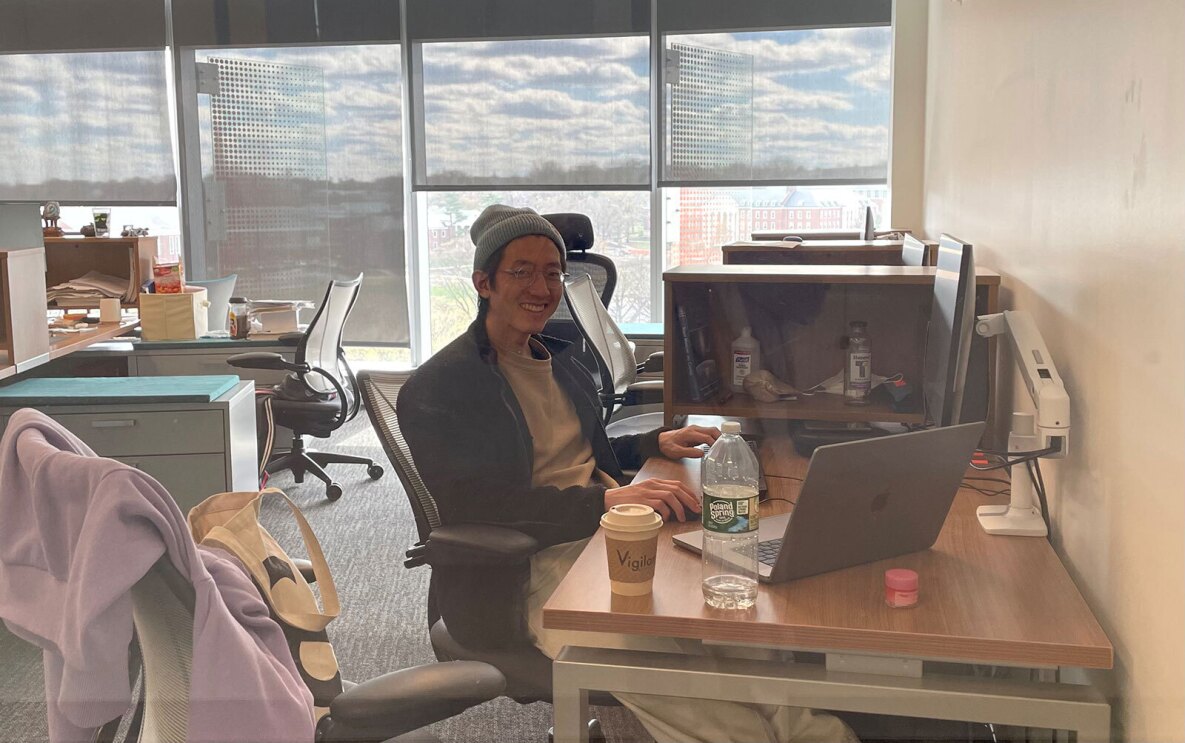
What does your job involve today?
I build simulation environments to allow AWS customers to build and test robots in wide range of scenarios—in theory this could be anything from the inside of a family home to the sea floor.
Building the 3D world for a simulation is similar to animation, except instead of characters, you're building for robots. For certain projects, it’s critical that we create photorealistic images that match real-world scenes. This means that we care about things like rendering quality, lighting, and camera calibration. These are all things that an animator, graphics artist, or filmmaker would think about, too. It’s really exciting because I’m merging my previous experience and knowledge with what I’m doing now. I feel like my career journey is coming full circle.
What advice would you give to someone else considering a career change?
If you want to move into a completely different field, don’t assume your previous experience will be a blocker. Use it as a strength and just go for it. An area like robotics, for example, is highly inter-disciplinary, which means there are opportunities to transfer skills from many different careers. It’s also important to be curious and keep learning. I want to become an expert in my field, so I’ve just started a Ph.D., working on geometric algorithms for robotics and computer graphics. By researching topics at the intersection of robotics and areas like AI and virtual reality, my studies will benefit my work at Amazon, too. The company has been incredibly supportive as I juggle work and further education.
AWS is committed to providing opportunities for students and recent graduates from all backgrounds to cultivate their passions and sharpen their skills. Find out more about our internship program or apply for the Amazon Software Development Engineer Internship.
Trending news and stories




